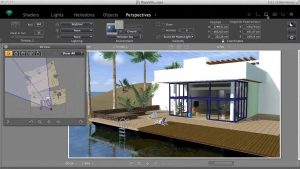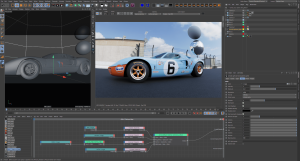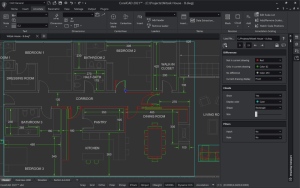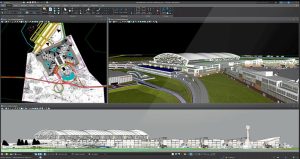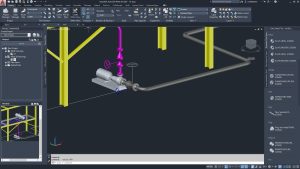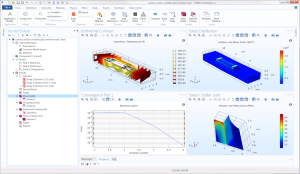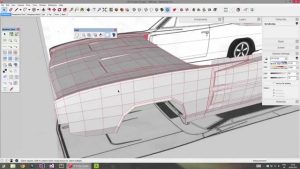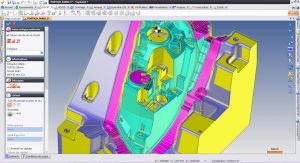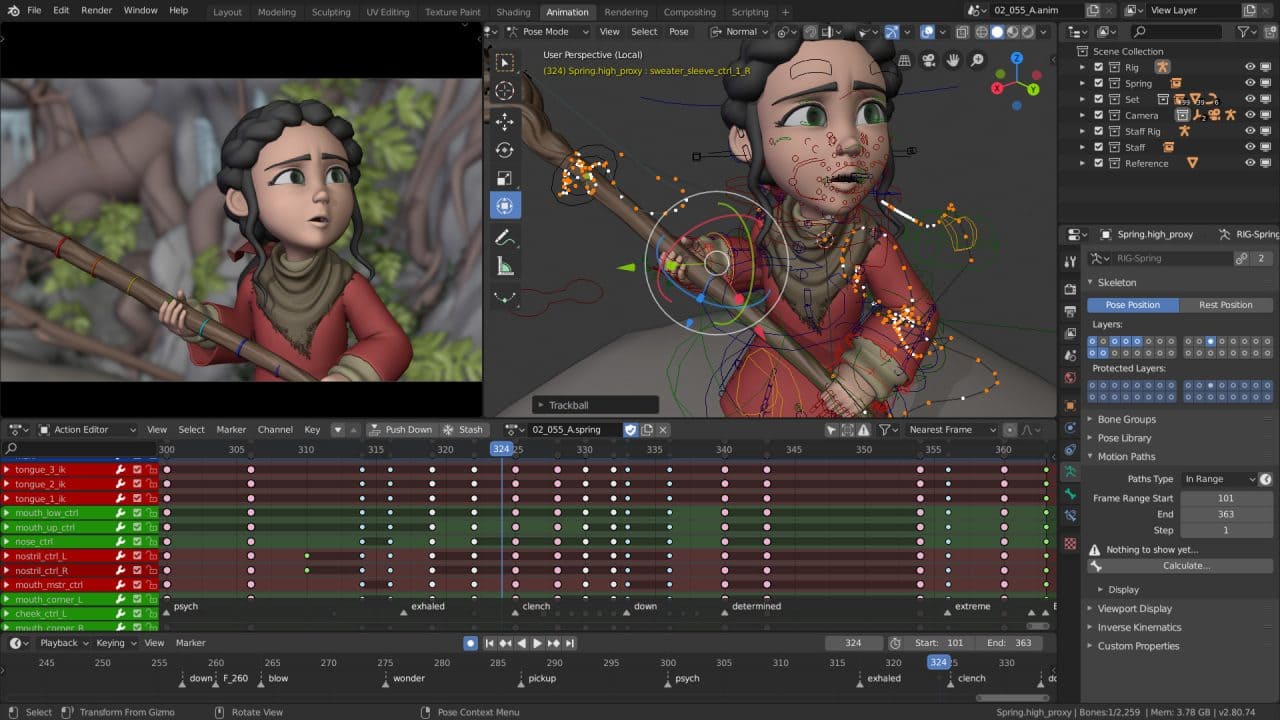
Introduction
Blender is a powerful open-source 3D creation suite that is widely used for creating animated films, visual effects, art, 3D printed models, interactive 3D applications, and more. Here’s a detailed introduction to Blender for Windows:
Overview:
Blender is known for its versatility and features, making it suitable for both beginners and advanced users in the 3D design and animation industry.
Key Features:
- Modeling: Blender offers a comprehensive set of modeling tools including sculpting, polygonal modeling, and more.
- Animation: It supports rigging, animation, simulation, rendering, compositing, and motion tracking.
- Rendering: Blender includes a powerful rendering engine called Cycles, which provides realistic rendering capabilities. It also supports real-time rendering with its Eevee engine.
- Simulation: Physics simulation tools for realistic animations, including smoke, fluid, cloth, and particle simulations.
- Pipeline Integration: Supports importing and exporting various file formats, making it compatible with other software in the production pipeline.
- Scripting and Customization: Blender’s Python API allows for scripting and automation, enabling users to customize and extend its functionality.
Interface:
Blender’s interface can initially seem complex due to its feature-rich nature, but it is designed to be customizable and user-friendly once familiarized with. It consists of multiple editors for different tasks like modeling, animation, and rendering.
Workflow:
- Modeling: Create 3D models using mesh modeling tools, sculpting, and modifiers.
- Texturing: Apply textures and materials to models using Blender’s node-based shader editor.
- Animation: Rig characters and objects for animation, animate using keyframes or physics simulations.
- Rendering: Set up scenes for rendering using Cycles or Eevee, adjust lighting, and render images or animations.
Learning Resources:
Blender has a large and active community with plenty of tutorials, documentation, and forums available online. Resources include:
- Official Blender Documentation (https://docs.blender.org)
- Blender Guru (https://www.blenderguru.com)
- CG Cookie (https://cgcookie.com)
- YouTube tutorials and channels dedicated to Blender.
System Requirements:
Blender runs on Windows (as well as macOS and Linux) and generally requires a graphics card with OpenGL 3.3 or higher support for optimal performance.
Licensing:
Blender is free and open-source software, which means it is available for anyone to use, modify, and distribute under the GNU General Public License.
Conclusion:
Blender is a robust toolset for 3D modeling, animation, and rendering, suitable for hobbyists, indie developers, and professionals alike. Its extensive feature set, active community, and open-source nature make it a popular choice in the industry.
Details
__
__
July 14, 2024
Paid
No ads
Windows
Multilanguage
601
__
__
Download

